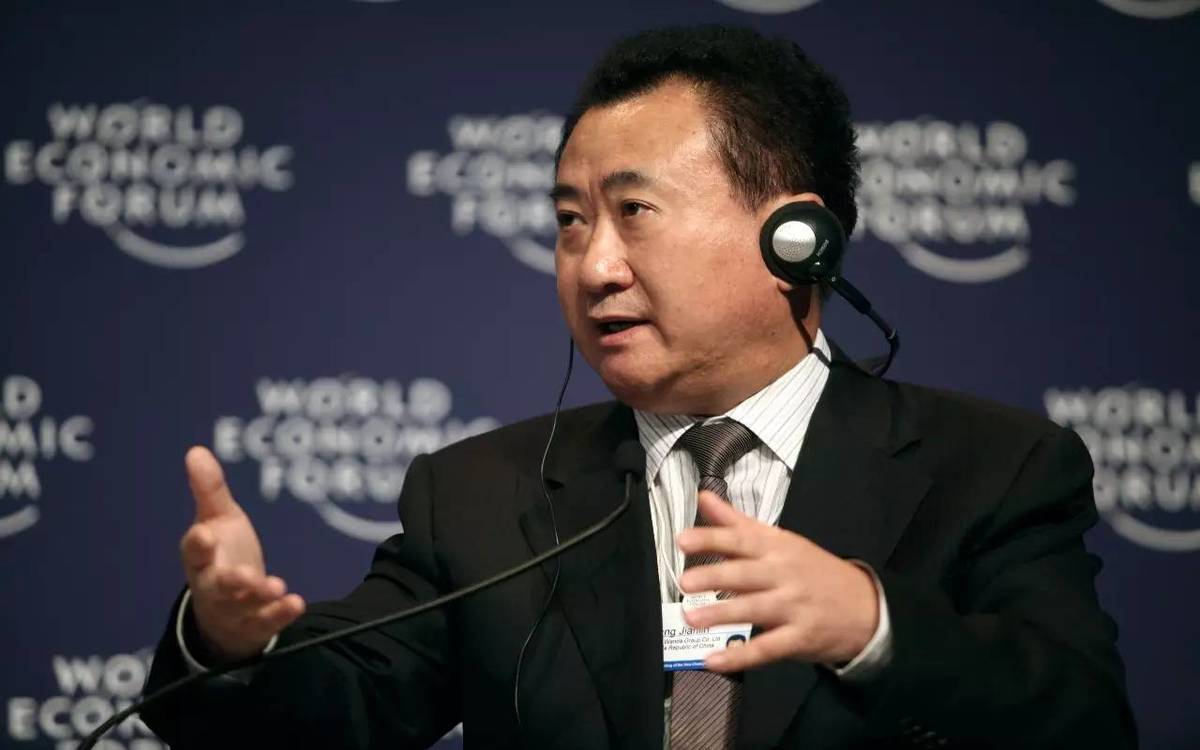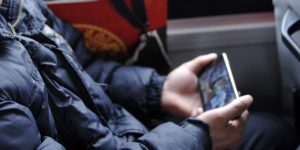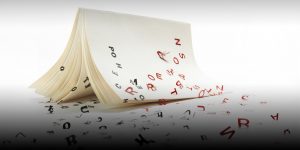- Lacking original IP of its own to use as ‘themes’ in its park, Wanda dipping into local Chinese culture
- Much of the new theme park, two and a half hours from ceramics center Jingdezhen, is pottery related
- Disney says it’s ready to take action for infringement of its intellectual property
China’s richest man has a rodent problem.
Wang Jianlin, the chairman of Wanda, the massive real estate and entertainment conglomerate, may have launched an all out assault on Mickey Mouse and his friends, but that didn’t stop them showing up at new “Cultural Tourism City,” which includes a theme park, over the weekend.
Workers dressed as Mickey, Minnie, Snow White and Captain America were spotted at the Wanda property in the eastern city of Nanchang, Jiangxi province, just a week after Wang declared “the frenzy of Mickey Mouse and Donald Duck and the era of blindly following them have passed.”
“[Disney are] entirely cloning previous IP, cloning previous products, with no more innovation,” Wang said in a nearly hour-long interview with state broadcaster CCTV in late May.
But at Wanda’s new U.S.$3 billion “Cultural Tourism City,” which opened in Nanchang over the weekend, there were signs of Mickey and his friends everywhere.
Spread over an area of 200 hectares, Wanda City comprises a giant mall, a 80-hectare theme park boasting the highest and longest roller coaster and the highest drop tower in China, a movie park, an aquarium, hotels, and retail stores.
Inside the city’s Wanda shopping mall, designed to look like a gigantic piece of classic blue and white Chinese ceramics, retail outlets had hired workers to dress as trademarked Disney characters to interact with the crowds and drum up business.
The appearance of the trademarked characters prompted Disney to warn it will take action to address any infringement of its intellectual property.
Dressed as Disney’s Snow White, 20 year-old Wang Zhi from Jinzhou in Hubei Province was pushing a shopping trolley filled with give-away jello and candy through the mall to promote one of the mall’s outlets.
Wang told China Film Insider she would like to go to Disney’s soon-to-be-opened theme park in Shanghai, but diplomatically added that she would prefer Wanda’s theme park over Disney’s if she had to choose.
Close by, Japanese clothing store Uniqlo displayed racks of Disney merchandise prominently — including Mickey Mouse T-shirts for sale for RMB 79 each (around $12).
A coquettish Minnie Mouse, her face partially hidden from the media throng by a string of balloons, told CFI she would like to go to both Disney and Wanda’s new theme-parks.
“Our characters and stories have delighted generations, these illegal and substandard imitations unfortunately disappoint all who expect more,” Disney said in an e-mailed statement to Bloomberg on Monday.
“Theme parks are the love child of entertainment and real estate,” Jeffrey Towson, professor of Investment at Peking University Guanghua, told China Film Insider. “Disney cannot match Wanda in China real estate. But matching Disney in making movies beloved by children is much harder than it appears.”
In an effort to buy its way into global entertainment, Wanda has purchased both AMC Theaters in the U.S. and Legendary Pictures, making it not only the largest owner of movie screens on the planet, but also a backer of potential blockbuster quality motion pictures made with Hollywood know-how.
Behind the Minnie Mouse costume was 19 year-old Zhen Jiewei. As a Nanchang local, it would be hard for Zhen to pass up the competitive price of admission to Wanda’s theme park for a more expensive entry fee to the soon-to-be-opened Disney theme park in Shanghai.
Wanda announced that the entrance ticket to the city will cost 198 yuan on most days and 248 yuan on weekends and holidays. The prices are significantly lower than the ones charged by Disneyland Shanghai, which stand at 370 yuan apiece on regular days and 499 yuan on peak days.
As one of China’s largest real estate developers, Wanda is well placed to deliver on its goal of building 15 Wanda Cities in China—in locations including Shandong province’s Qingdao, Guangdong province’s Guangzhou, and Jiangsu province’s Wuxi. The company also plans three such developments outside mainland China by 2020.
Lacking much original IP to make up the ‘themes’ in their theme parks, Wanda is dipping back into Chinese culture and history instead.
At the opening of the Nanchang complex, Wang presented Wanda as a bulwark against creeping cultural imperialism from the West.
“Chinese culture led the world for 2,000 years, but since the last 300 years, because of our lagging development and the invasion of foreign cultures, we have more or less lacked confidence in our own culture,” Wang said at a press conference on Saturday morning.
“We want to be a model for Chinese private enterprise, and we want to establish a global brand for Chinese firms,” he said.
A giant dragon and ceramic pots with fountains of water gushing out of them greet visitors at the entrance to Wanda’s theme park in Nanchang.
The city is a two-and-a-half hour drive from Jingdezhen, a city famed for its pottery. Accordingly, many of the rides in the park took evoke classic Chinese pottery.
Wanda’s answer to Disney’s Mad Tea Party spinning tea cup ride is called “Crazy Pots.” Nearby rides are called the “Kiln Crasher” and the “Haunted Pottery House.”
“Wanda Cities need to draw on local tourism resources to create the themes for their parks,” said Zhu Zhengyu, an analyst from Beijing-based consultancy Analysys International. “That puts a limitation not only on the scale of each park but also its ability to replicate those themes.”
Inside the park, 30 year-old Nicole who had come with her family for the day, didn’t know the names the new characters Wanda had unveiled for the park.
“Well that’s a panda, and isn’t that the Monkey King?” she said to CFI while pointing to a statue of ‘Shuaishuai’ and ‘Meimei,’ new Wanda characters unveiled for the park.
Also wandering through the Wanda city were some of Wanda’s other answers to Disney’s much-loved characters Mickey, Goofey and Donald the Duck — characters including ‘Dada’ the dragon, ‘Le Le’ the duck and ‘Wang Bo’ the Tang-dynasty poet.
But a Wanda spokesperson confirmed to CFI that none of the characters have been depicted in any cartoons or globally successful animated feature films.
Regardless of whatever characters the company adopts, Wang Jianlin is hoping to overwhelm Disney through sheer force of numbers — a point he made vividly to CCTV.
“One tiger is no match for a pack of wolves — Shanghai has one Disney, while Wanda, across the nation, will open 15 to 20.”
— Fergus Ryan’s trip to Nanchang was paid for by Wanda.






